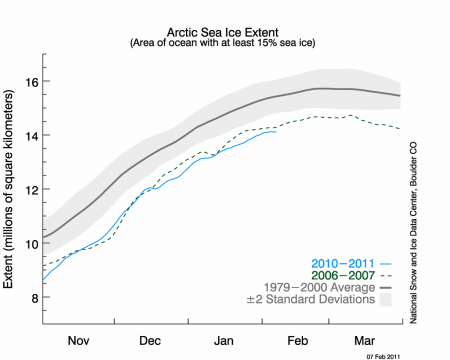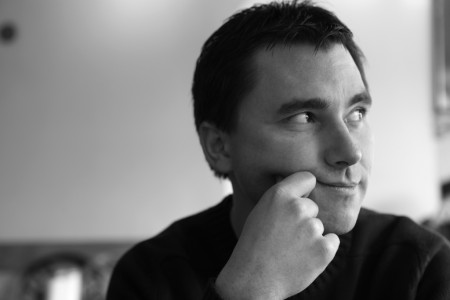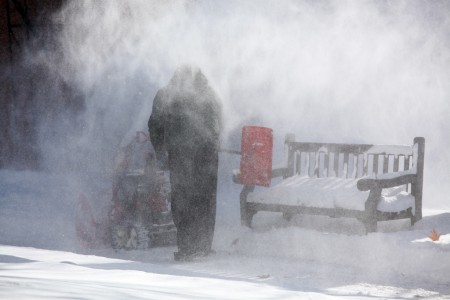
One thing that sets apart the writing of Malcolm Gladwell is the ease with which it is devoured. His books always provide the reader with the sense that they are taking in important new information, and doing so unusually quickly and easily. In Outliers: The Story of Success, Gladwell argues convincingly the the level of success people achieve has an enormous amount to do with the conditions in which they lived. How your parents raise you is important, as is the cultural legacy you inherit. Even arbitrary-seeming things like when in the year you were born can have a demonstrable effect, particularly in sports.
This book has been analyzed to death in the popular press, so there isn’t much point in me recapping it. Talking about highly successful people like Michael Jordan and Bill Gates, Gladwell argues that:
[They] appear at first blush to lie outside ordinary experience. But they don’t. They are products of history and community, of opportunity and legacy. Their success is not exceptional or mysterious. It is grounded in a web of advantages and inheritances, some deserved, some not, some earned, some just plain lucky – but all critical to making them who they are. The outlier, in the end, is not an outlier at all.
In the course of his examination, Gladwell reaches practical conclusions for both individuals and societies. As an individual, if you wish to prosper you must practice an exceptional amount – effort put in can be the most important factor. For society at large:
To build a better world we need to replace the patchwork of lucky breaks and arbitrary advantages that today determine success – the fortunate birth dates and accidents of history – with a society that provides opportunities for all.
He provides some concrete examples of how that could be done: for instance, by delaying the streaming of young children by talent, by providing summer school for low-income children, by encouraging children to assert themselves around and question adults, and so on.
I only have a few quibbles with the book. Sometimes, Gladwell uses vague language. What does it mean to say that $X were ‘involved’ in mergers and acquisitions during the 1980s? Occasionally, he speculates beyond what the evidence he includes can justify. I also think Gladwell is wrong to say that a Boeing 747 contains “212,000 kilograms of steel”. Aluminum is a lot more likely.
Gladwell’s book is engaging, using techniques that many academics would shun as showmanship. For instance, Gladwell sometimes makes a bold promise early in a chapter, saying he will prove an unlikely-seeming statement to be true (“it is possible to… predict the family background, age, and origin of [New York City’s] most powerful attorneys, without knowing a single additional fact about them”), or adds a bit of theatre (“in this chapter, we’re going to conduct [an aircraft] crash investigation”). Partly through such techniques, the book gets across some interesting examples and arguments quickly. It is particularly interesting to see him explain situations in which things that seem like disadvantages – like anti-Semitism in New York law firms – turn out to be highly advantageous to the people who you would expect to be disadvantaged (because they ended up going into areas of law shunned by the established firms, which became important and profitable).
Gladwell’s message is simultaneously empowering and disempowering. By revealing some apparently important underlying dynamics, he may help readers decide how to focus their energies. At the same time, he points out how a lot of the characteristics our lives will have emerge predictably from pre-set characteristics which we cannot alter or control. Indeed, by influencing our thinking about the sources of success, Gladwell affects the inputs that go into our reasoning about ethics. In particular, if people achieve high levels of financial success largely because of arbitrary factors outside their control (or fail financially for the same reasons), the argument for income redistribution looks a lot stronger.
[Update: 7 February 2011] I reviewed another of Gladwell’s books previously: The Tipping Point: How Little Things Can Make a Big Difference.







